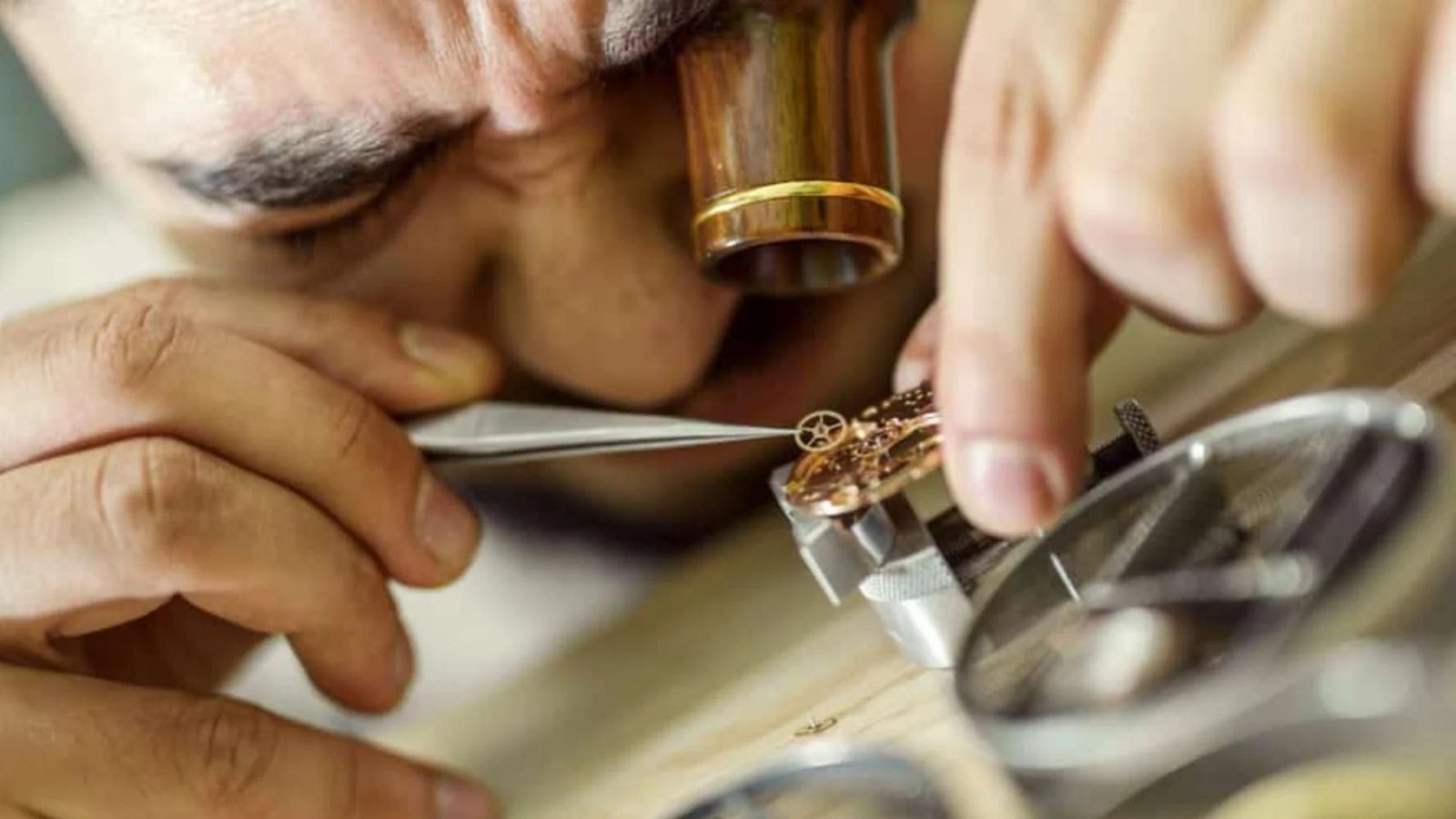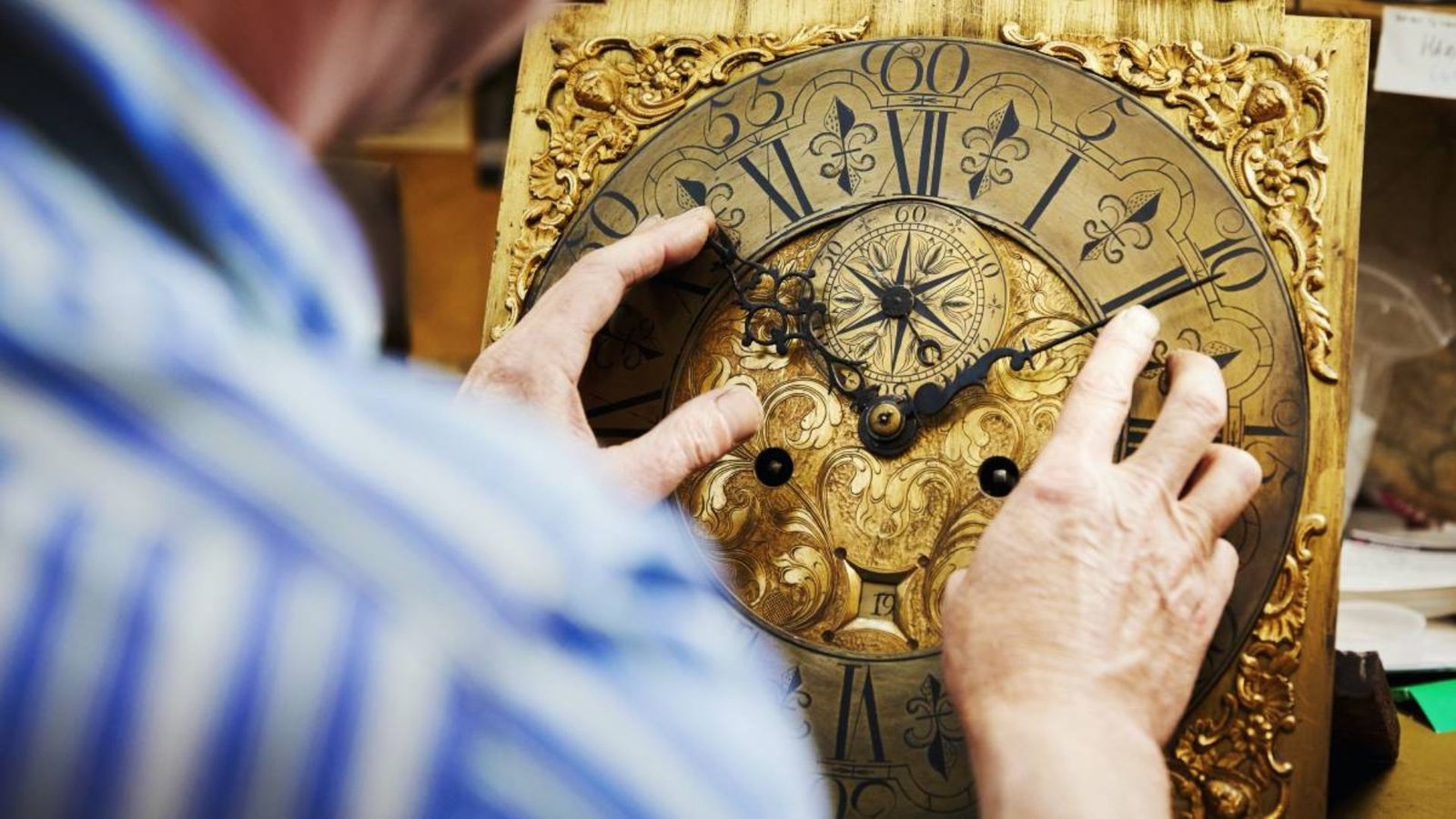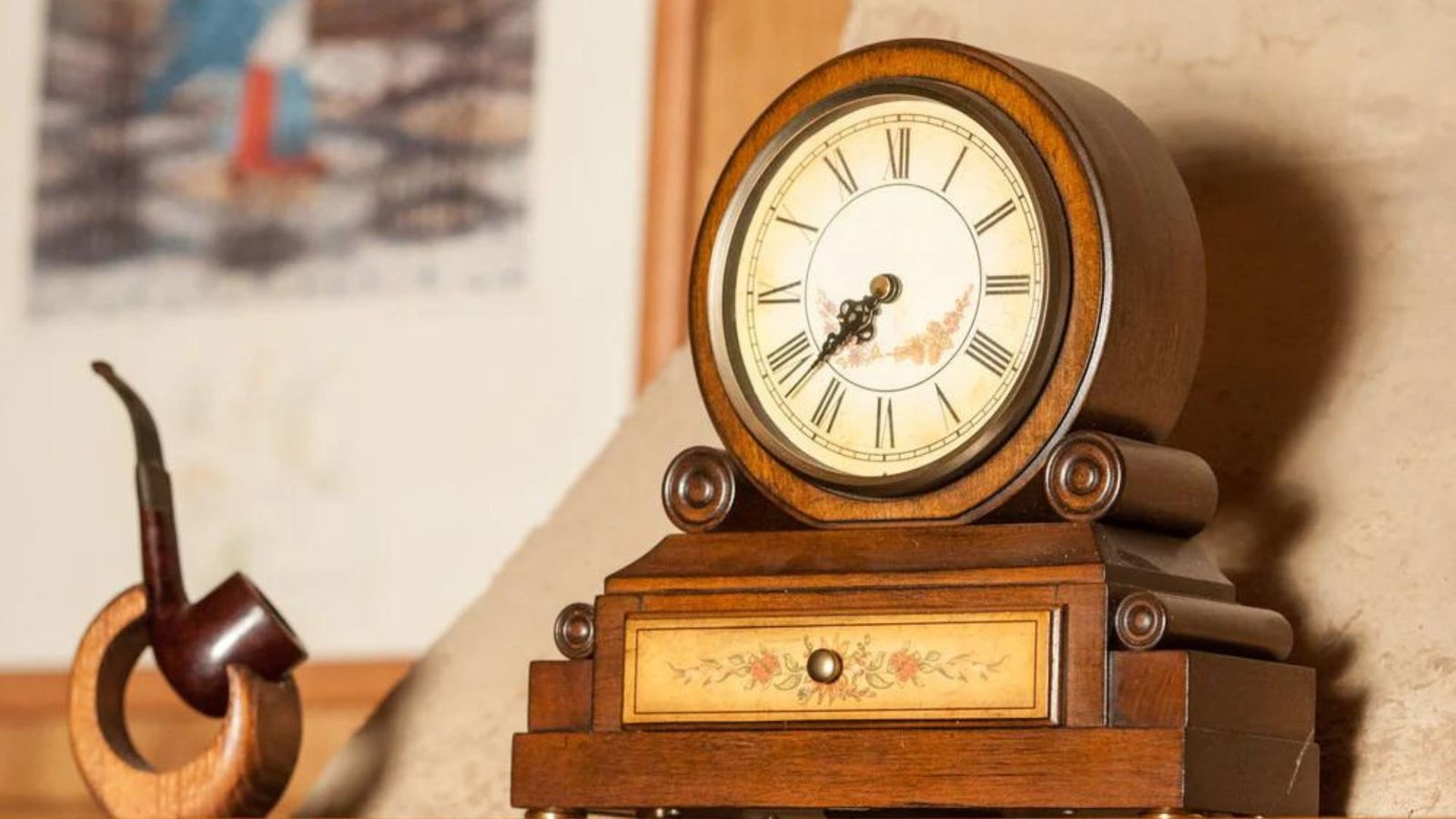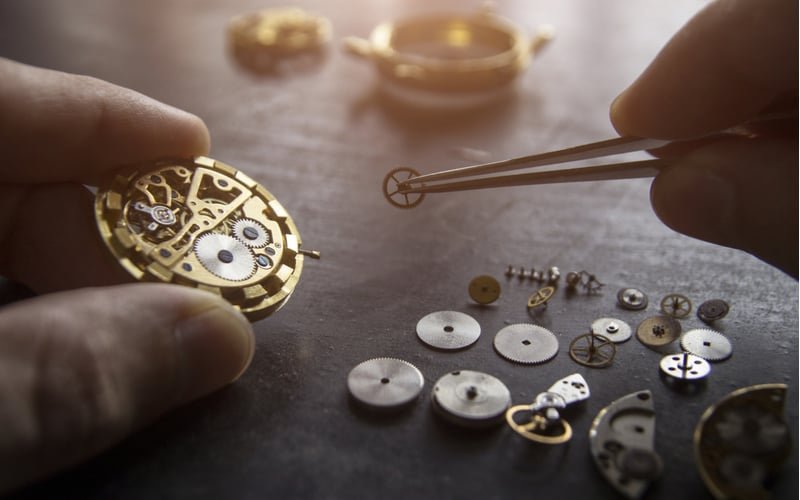Clocks are delicate timepieces that require precision to function correctly. While some minor issues like battery replacements or cleaning can be handled at home, certain clock problems may need the expertise of a professional clockmaker. Here’s how to know when it’s time to seek professional help for clock repair.

Mechanical Clock Stopped Working
Mechanical clocks, such as grandfather or mantle clocks, have intricate inner workings. If your mechanical clock has stopped despite being wound, it could be a sign of a more complex issue, such as:
- Worn-out gears
- Broken springs
- Misalignment of parts
These problems often require specialized knowledge and tools that only a professional clockmaker possesses.
Chiming Issues
If your clock chimes irregularly, misses chimes, or chimes at the wrong times, it could signal a problem with the chiming mechanism. This system is usually delicate and difficult to repair without professional tools, especially in older or vintage clocks. A clockmaker can adjust or repair the chime system to restore its accuracy.
Pendulum Not Swinging
In clocks with pendulums, like grandfather clocks, the pendulum is key to keeping accurate time. If the pendulum has stopped swinging, the issue could be as simple as adjusting the clock’s level. However, if leveling doesn’t help, the problem may involve the internal movement mechanism, which will need a professional to diagnose and fix.
Clock Runs Fast or Slow
A clock that runs too fast or too slow might need its movement regulated or its weight adjusted. While minor adjustments can sometimes be done at home, consistently inaccurate timekeeping suggests a deeper issue with the clock’s movement, which should be addressed by a trained clockmaker.
Unusual Noises
If you hear grinding, ticking, or any other unusual sounds coming from your clock, this could indicate a mechanical problem. Noises like grinding often suggest that gears are misaligned or wearing out. Since further use may damage your clock, it’s best to have it inspected by a professional as soon as possible.
Broken or Missing Parts
If your clock has broken or missing parts, such as hands, weights, or pendulums, you’ll need a clockmaker to replace or repair these. Attempting a DIY repair could result in further damage, especially in older or valuable clocks where finding the right parts can be tricky.
Antique or Vintage Clocks
Antique clocks are often more delicate and valuable than modern ones. Attempting to repair them without proper knowledge could reduce their value or cause irreparable damage. A clock repair professional who specializes in antiques will know how to handle these pieces with care.
Water or Humidity Damage
Exposure to moisture can rust the clock’s metal parts or cause wooden components to warp. If your clock has been exposed to water or high humidity, you should take it to a professional clockmaker immediately to prevent further damage and restore its function.
Clock Losing Power Quickly
If your battery-powered clock is losing power quickly even after replacing the battery, there may be an underlying electrical issue. This kind of problem is best left to a professional, as tampering with the clock’s internal circuits could cause further damage.
Conclusion
While some clock issues can be handled at home, many require the expertise of a professional clockmaker. Mechanical, antique, or delicate timepieces especially benefit from expert attention. If your clock has stopped working, is chiming incorrectly, or making unusual noises, it’s best to seek professional help to prevent further damage. Regular maintenance and prompt repairs will ensure your clock lasts for years to come.




